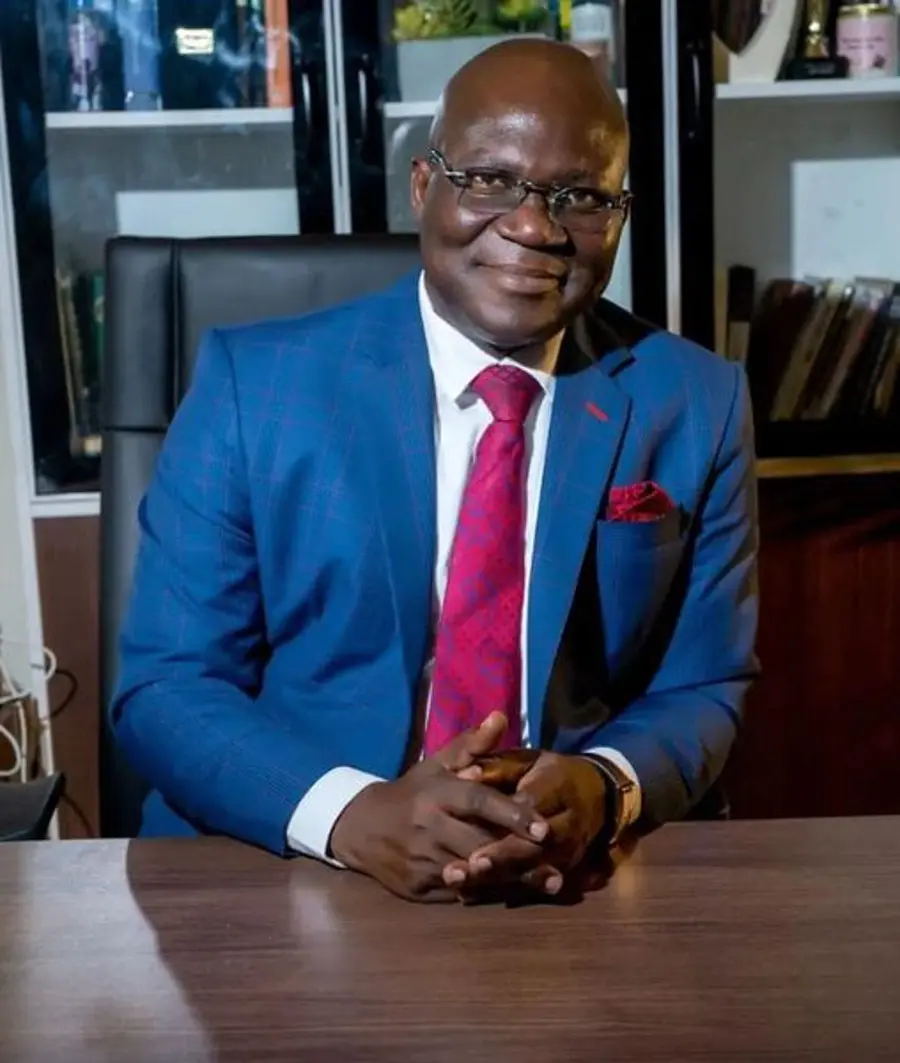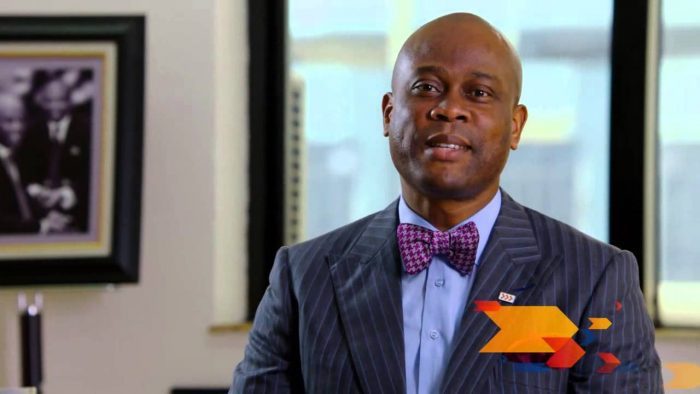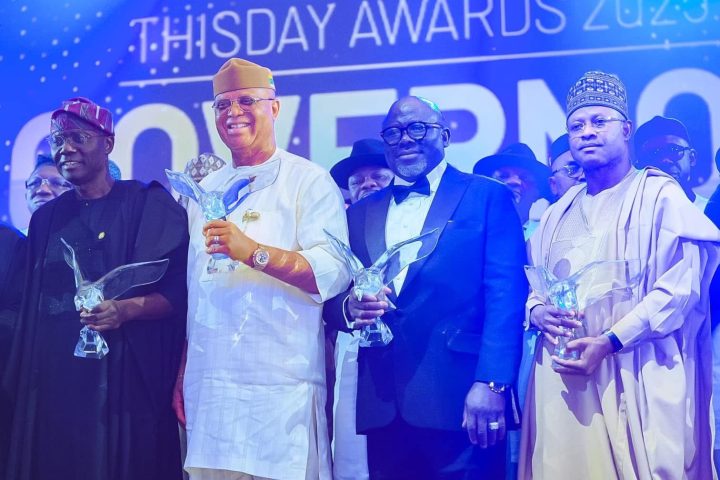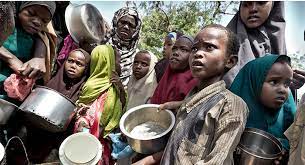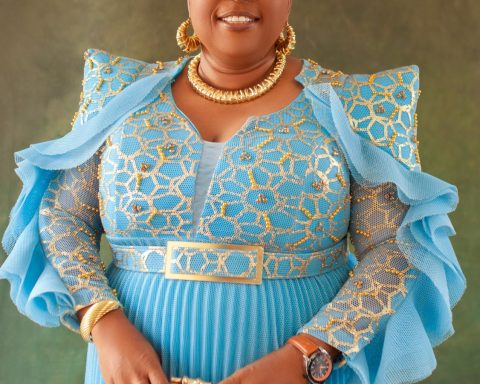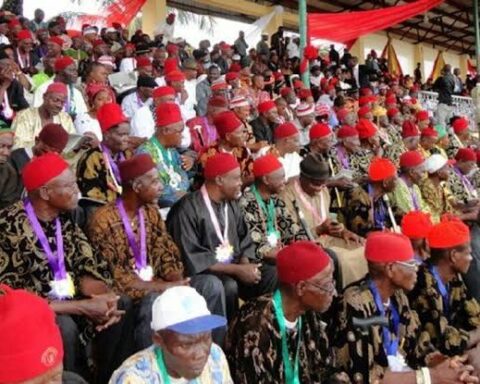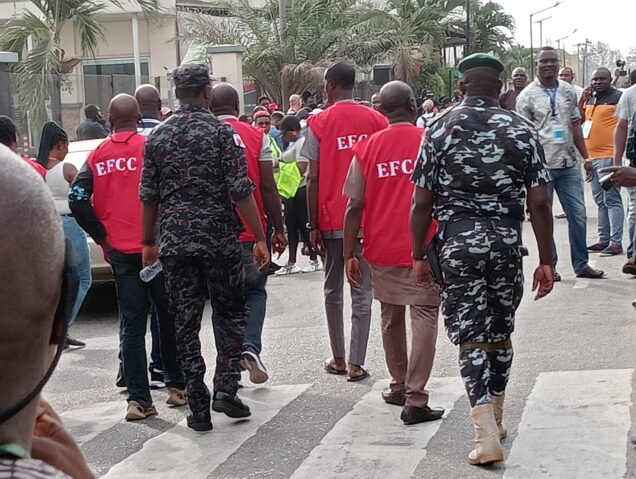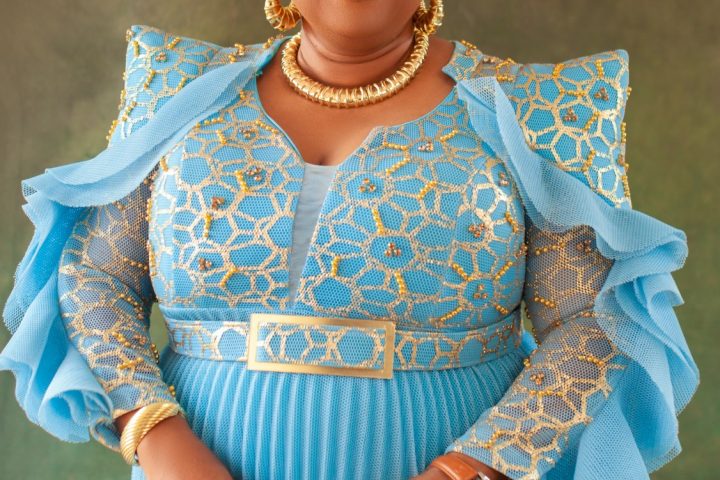The recent petition to the National Broadcasting Commission (NBC) by a coalition of Southeast media professionals against Dr Reuben Abati of Arise TV (also joined in the petition) underscores the rising ethnic sentiments in Nigerian journalism. During a broadcast on 21 November 2024, Abati claimed that “Igbos are unwelcoming to non-Igbos seeking to buy land.” Reports indicate that these comments have been further amplified by extremist groups like Lagospidia, known for their anti-Igbo sentiments, thereby exacerbating ethnic tensions in an already fragile socio-political climate.
In the November broadcast, Abati cited the experience of Nigeria’s first minister of information, the late Chief T.O.S. Benson, who allegedly faced difficulties purchasing land due to his non-Igbo status. He stated, “You go there as a non-Igbo man to go and buy land; you’ll be told that you don’t belong, even as an in-law.”
Join our WhatsApp ChannelA day after Abati’s controversial statements, Ojy Okpe, a colleague on the programme, attempted to show him a social media post stating that “You cannot paint a whole tribe with one brush.” But Abati insisted that he was specific about what he said. “Nobody should tell me any nonsense,” he declared. “If people have a different opinion, they have anthropological evidence to support it; it is not for me to reverse myself,” Abati continued.
With over 32 years of experience in journalism, Abati has held significant positions including Chairman of the Editorial Board of The Guardian Newspaper, and Special Adviser on Media and Publicity during the Jonathan administration. His hostile response to colleague Ojy Okpe during a broadcast on Arise TV, where he dismissed her challenges to his remarks about Igbos and land ownership, demonstrated a troubling disregard for professional journalistic standards.
As an experienced journalist, instead of fostering an environment of ethical discourse and presenting himself as an exemplary figure, Abati’s actions reflected a failure to uphold the principles he should be teaching as a veteran journalist. Most troubling, Reuben Abati’s pattern of commentary reflects a trend in Nigerian journalism where ethnic stereotypes are perpetuated rather than challenged. This history underscores the urgent need for responsible reporting that prioritises unity.
Fact-checking Abati’s Claims
Abati’s remark that “the same Igbos who are so industrious that they’re all over and do well in other parts of Nigeria” has been criticised for generalising the experiences of one individual to an entire ethnic group. Notably, Abati’s history of Igbophobia in journalism has been a long-standing issue, marked by several controversial instances that have drawn significant criticism. He seems to have joined the bandwagon of regime-courting journalists and politicians whose only option for drawing Aso Rock’s sympathies is igbophobia.
Thankfully, many reports show that Mr Abati’s claims were false, (for example, https://gazettengr.com/reuben-abati-goes-on-anti-igbo-tirade-falsely-claims-no-yoruba-can-buy-land-in-south-east-nigeria/) which confirms that businessman Mike Adenuga, a non-Igbo, has private and commercial assets on vast swathes of land across Abia State. A Yoruba entrepreneur like Adetayo Amusan owns Polo Mall in Enugu, the region’s heartland and that Nigerians of Yoruba origin are known to live in South-east commercial hubs like Aba, Awka, and Independence Layout neighbourhoods in Enugu State. It stated also that Google Maps confirmed the existence of a street named after a Yoruba man, Dayo Okunlola, in Ugwuaji, Enugu State.
Historical Context of Abati’s Ethnic Sentiments
Abati’s similar statements in the past include those directed at other tribes. One notable example occurred in January 2002 when he (Abati) published a two-part article titled “Obasanjo, Secession and the Secessionists,” where he made sweeping generalisations and stereotypes about the Igbo people, suggesting that they were responsible for Nigeria’s problems. Veteran journalist Josh Arinze responded, accusing Abati of promoting bigotry and distorting historical facts, which ultimately contributed to ethnic tensions in Nigeria.
In a September 2024 discussion, Abati also criticised Yoruba individuals for not supporting their leaders, suggesting they failed to defend their own during economic discussions. He stated, “Yoruba people… don’t know when to be loyal to your own people,” implying that they often deceive themselves about their economic management abilities compared to Igbos and Hausa-Fulanis.
On September 10, 2024, he remarked that Hausa-Fulanis believe power is their birthright and often attempt to dominate communities, suggesting they impose their presence on other tribes.
Continued Igbophobia in Nigeria: A Broader Perspective
The phenomenon, often referred to as “Igbophobia,” manifests in various forms, including discrimination and violence against Igbos. Notable individuals like Ahmadu Bello, then Premier of Northern Nigeria and Sardauna of Sokoto, expressed distrust towards the Igbos, stating on October 12, 1960, that “an Igbo man comes to the North and controls people.” Anti-Igbo sentiments intensified after the 1966 coup, leading to violent pogroms against Igbos in Northern Nigeria.
Following the coup on May 29, 1966, organised massacres against Igbos in Northern Nigeria began, fuelled by the belief that the coup was an attempt at Igbo domination. An estimated 30,000 Igbos were killed in a series of massacres during this period, prompting a mass exodus back to their homeland in the East. Ever since, about nine other coups and/or attempted coups have happened in Nigeria, without being tagged with any other ethnic group.
Fast forward to 2015: The Oba of Lagos threatened Igbos during the gubernatorial elections, stating that those who did not vote for then gubernatorial aspirant, Akinwunmi Ambode, would “perish in the lagoon.” This sparked widespread condemnation. More recently, during the 2023 gubernatorial elections, threats were made against Igbo voters in Lagos, with incidents of violence reported against those perceived as Igbo. In the 2023 elections, then Director of Media and Publicity for the Tinubu-Shettima Presidential Campaign Council, Bayo Onanuga, tweeted that Igbos should refrain from “interfering” with Lagos politics, asserting that Lagos is “not No Man’s Land” but Yoruba land. This statement was criticised as a threat to national harmony.
During the 2023 general elections also, there was a notable surge in anti-Igbo sentiment across social media and political discourse. Politicians and their supporters frequently used derogatory terms like “Omo Igbo” to incite ethnic hatred against Igbo individuals as well as non-Igbo people who had Igbo heritage such as Lagos State’s Gbadebo Rhodes-Vivour who contested governorship election under Labour Party. His opponents leveraged his Igbo middle name “Chinedu” to paint him as an outsider suggesting that a vote for him would equate to an Igbo takeover of Lagos.
Additionally, in 2023, musician Brymo made inflammatory remarks against Igbos on social media, stating, “Fuck the Ndi Igbo!! To Hell with It!!” This led to public outcry and a petition against him for promoting anti-Igbo sentiment. During the 10-day protest against bad governance from August 1-10, 2024, the five states of the southeast largely abstained, yet, some elements, including Bayo Onanuga, tried to accuse the southeast of being the protests’ masterminds, ignoring incendiary comments from aggrieved politicians like ousted Senate Chief Whip, Ali Ndume.
Ahmed Bako, a Kano-born professor of African and Nigerian history, gave an inaugural lecture at the Usmanu Danfodiyo University, Sokoto, in September 2024 on the topic:: “The Igbo factor in the history of intergroup relations and commerce in Kano: Opportunities and challenges revisited.” He labelled Ohanaeze Ndigbo Worldwide an Igbo separatist group, saying: “What needs emphasising during this time was the fact that searching for economic power and dominance make the Igbo to be desperate and aggressive.”
Ironically, Igbo are Most Pan-Nigerian
The Igbo people exemplify pan-Nigerianness through their historical, cultural, and contemporary contributions to Nigeria. Historically, colonial influences fostered a collective Igbo identity that transcended local affiliations, as seen in the political mobilization efforts of leaders like Nnamdi Azikiwe. Economically, the Igbo’s entrepreneurial spirit significantly impacts Nigeria’s economy, demonstrating their integration into national commerce.
Researchers such as Olanrewaju Olutayo estimate that Igbo investments in Lagos alone are around ₦300 trillion, with higher figures in Abuja, Kano, and Katsina. Gabriel Suswan, the former governor of Benue State (2007-2015) and current Nigerian senator, stated that any state government that neglects the Igbo community risks its economic development. Clement Udegbe, a lawyer and commentator known for his insights on Nigeria’s economic and political landscape, also noted that Igbo investments are approximately ₦600 trillion in Abuja, ₦10 trillion each in Kano and Kaduna, ₦5 trillion each in Borno, Yobe, and Adamawa, and around ₦15 trillion in Plateau State. Udegbe asserts that “there is no state in Nigeria where Igbo investments do not exceed ₦5 billion.” These contributions are particularly made through small and medium enterprises (SMEs) and large business enterprises (LBEs), which are vital for economic growth and development of any country.
Responses from Across the Country
The responses to Reuben Abati’s anti-Igbo remarks align with broader views from across Nigeria that defend the Igbo community against harmful stereotypes. His comments have faced significant backlash across the country. A coalition of media organisations petitioned the National Broadcasting Commission (NBC), arguing that Abati’s comments perpetuated harmful stereotypes and could inflame ethnic tensions. Public sentiment largely condemned his statements as inaccurate and damaging to national unity, with many labelling his remarks as “Igbophobia.”
On 22 November 2024, via his social media handles, Ossai Ovie Success, the Special Assistant to former Governor Ifeanyi Okowa of Delta State called for Reuben Abati to apologise to the Igbo community and Ojy Okpe. He condemned Abati’s remarks as rude and offensive, asserting that there was no truth to his claims about Igbos not selling land to non-Igbos, citing that his Yoruba friend recently bought land in Imo State. Success emphasised the need for reconciliation and respect among Nigeria’s diverse ethnic groups.
Dr. Charles Apoki, a prominent figure from Delta State, also criticised Abati for his lack of thorough research and understanding of Igbo culture. He emphasised that while some communities may be cautious about land sales due to scarcity, this does not equate to an outright refusal to sell to outsiders. Apoki pointed out that many Igbo people are welcoming and engage in economic activities with individuals from other ethnic groups.
Igbophobia is Anti-Nigeria
The issue of Nigeria and Igbophobia continues to heighten despite the marginalisation of the Igbo who demonstrate the highest level of belief in Nigeria. This contradiction highlights the complexities of ethnic relations in Nigeria, where Igbos strive for inclusivity and pan-Nigerianess, while grappling with persistent biases against them. If Igbophobia continues in Nigeria, it could lead to increased ethnic violence against Igbo communities, exacerbating tensions and instability. This discrimination may undermine political stability, potentially sparking civil unrest or more secessionist sentiments. Economically, targeting Igbo businesses could harm not only local economies but also the national economy, given their significant contributions to trade.
It is imperative for journalists and public figures to exercise caution and responsibility when discussing any ethnic group, including the Igbo people. As custodians of information, journalists have a duty to promote understanding and respect among different ethnic groups. Engaging in sensationalism or spreading unfounded claims undermines this responsibility and can lead to societal division. It is essential to approach discussions about ethnic identities with nuance and sensitivity, recognising the rich tapestry of contributions that all groups bring to the national narrative.
Dr Mbamalu is a Jefferson Fellow, member of the Nigerian Guild of Editors (NGE), communications/Media Consultant and Publisher, Prime Business Africa
Email: marcelmbamalu2@gmail.com
+2348094000017
Dr. Marcel Mbamalu is a communication scholar, journalist and entrepreneur. He holds a Ph.D in Mass Communication from the University of Nigeria, Nsukka and is the Chief Executive Officer Newstide Publications, the publishers of Prime Business Africa.
A seasoned journalist, he horned his journalism skills at The Guardian Newspaper, rising to the position of News Editor at the flagship of the Nigerian press. He has garnered multidisciplinary experience in marketing communication, public relations and media research, helping clients to deliver bespoke campaigns within Nigeria and across Africa.
He has built an expansive network in the media and has served as a media trainer for World Health Organisation (WHO) at various times in Northeast Nigeria. He has attended numerous media trainings, including the Bloomberg Financial Journalism Training and Reuters/AfDB training on Effective Coverage of Infrastructural Development of Africa.
A versatile media expert, he won the Jefferson Fellowship in 2023 as the sole Africa representative on the program. Dr Mbamalu was part of a global media team that covered the 2020 United State’s Presidential election. As Africa's sole representative in the 2023 Jefferson Fellowships, Dr Mbamalu was selected to tour the United States and Asia (Japan and Hong Kong) as part of a 12-man global team of journalists on a travel grant to report on inclusion, income gaps and migration issues between the US and Asia.

